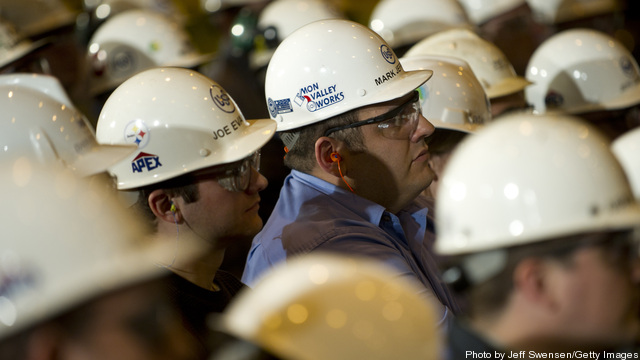
The voluntary markets for renewable energy procurement have grown briskly in recent years but there has been little transparency about their size or who is participating. The Corporate Renewable Energy Index (CREX) – compiled by Bloomberg New Energy Finance on behalf of Vestas Wind Systems, aims to fill this gap by ranking the renewable energy activities of corporations in the U.K. and worldwide. The report represents the most comprehensive study on corporate renewable energy procurement.
Join us as we reveal new insights critical to sustaining a competitive corporate advantage: Keep reading →









The Flawed US Energy Policy Discussion
By Jared AndersonAre the energy industry and the business of politics incompatible?
It could be the simplest explanation for why the US does not have a comprehensive, efficient or constructive energy policy set. On the most basic level, two-year and four-year election cycles are problematic for an industry that needs to make decisions and investments over twenty- to thirty-year time horizons. Keep reading →